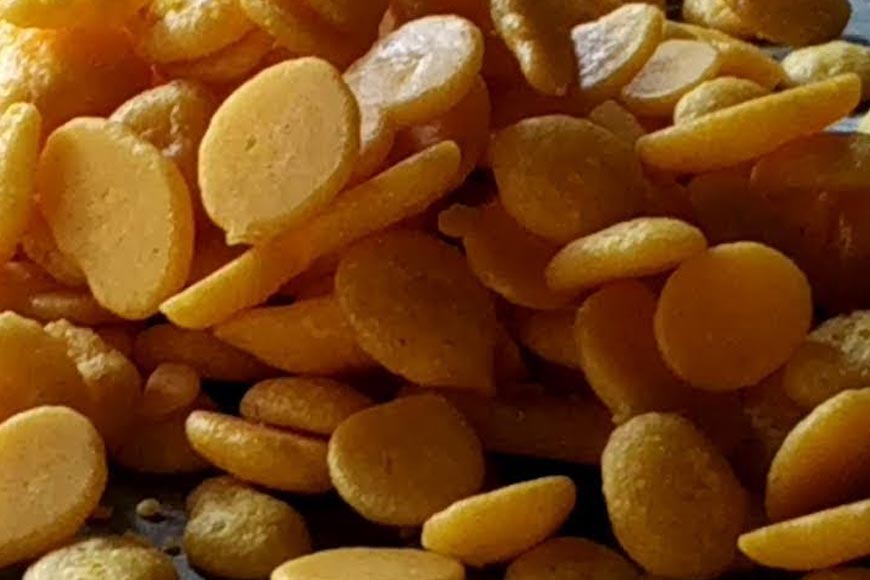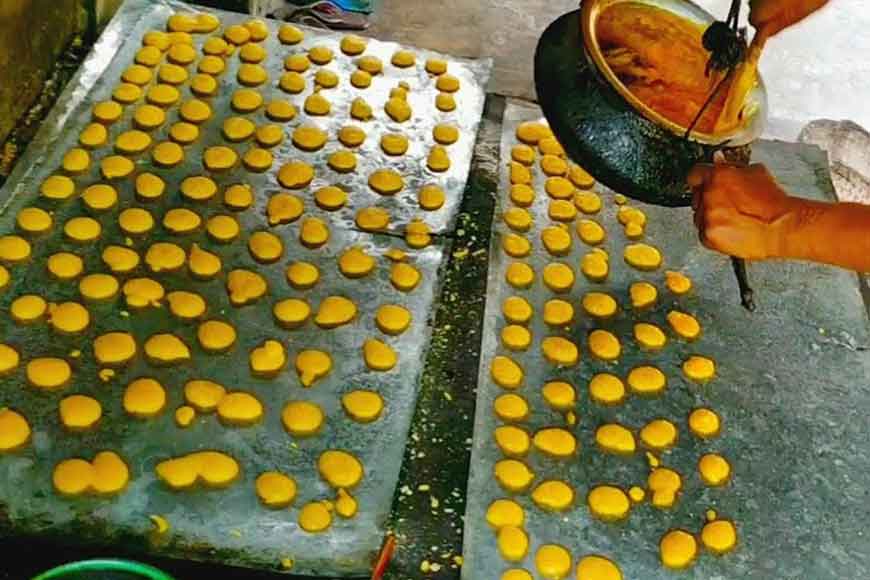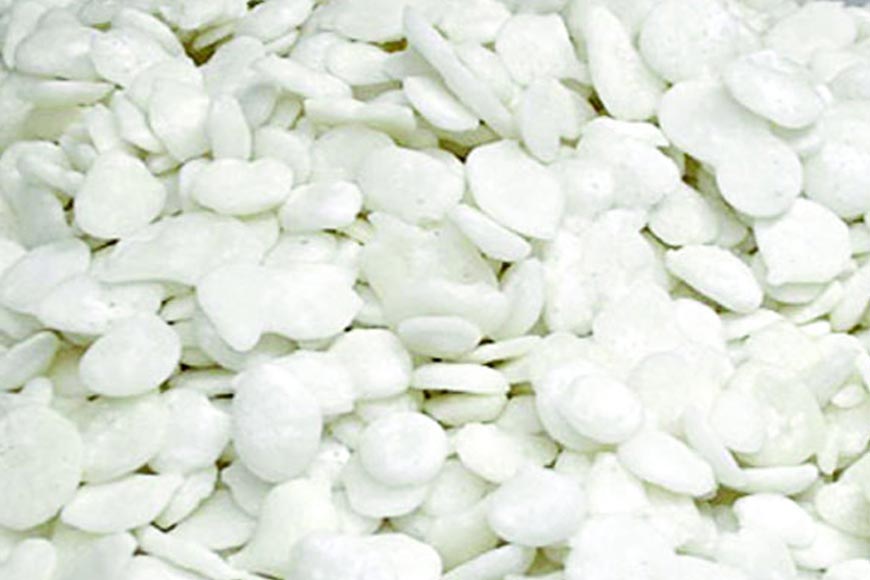‘Batasha’ making art is on the verge of extinction due to lack of entrepreneurs

As a child, I had witnessed many rituals at home or in the local temples that involved throwing of the humble feather-light sweet ‘batasha.’ They flew off like airy brittle puffs of spun sugar, white or brown and led to a mad scramble among devotees to catch hold of them during Hari r Loot. Such rituals were very common once upon a time during ‘Narayan Puja’ or at the end of ‘Sankeertan,’ a form of chorus song or chanting, praising the Lord before a big audience. With urbanization, such rituals have lost importance, though they are still prevalent in small towns and villages.
‘Batasha’ cuts across religions and is widely accepted as an offering to the Almighty even in mosques and gurudwaras. It is a mandatory indigenous sweet item during auspicious occasions all over the country. Batasha is always kept ready at hand by homemakers during sweltering summer months to offer to guests along with a glass of water to quench their thirst.

Culinary historian Chitrita Banerji even writes about it as a compelling and distinctive memory in her book ‘The Hour of the Goddess: Memories of Women, Food and Ritual in Bengal.’ But of late, ‘Batasha’ has been forced to put up a battle for survival against the more powerful conglomerate of contemporary delectable confectionary available in the market. This age-old cottage industry of Bengal is gradually losing ground and on verge of extinction.
The industry still survives in small pockets of Kashipur in Bhangor Block, Malancha in Meenkha, Jeebontola, and Baruipur. The requirement for making Batasha is very basic and meager – small earthen pots, ‘Sheetal-pati’ (hand-woven mats made of murta plants) and wooden stoves – and the deft artisans create sweet magic! A long narrow brick lane next to Kashipur police station in Bhangor leads to Das Para, the small workshop adjacent to Subhash Das’ residence. Here Subhash along with his family members have been making ‘batasha’ for the past two decades.
The process is quite tedious. One has to stand in front of the furnace for hours and boil sugar and jaggery till the syrup is ready. The steaming hot syrup is scooped out in ladles and poured on mats for drying. The entire process takes 8-10 hours of back-breaking labour. Most youngsters these days are reluctant to work so hard and are not willing to join the trade and learn the making process. In this way, the art of making Batasha is vanishing due to lack of deft craftsmen.
The perfect ‘Batasha’ is the result of flawless concoction of water, jaggery and sugar. Normally one-and-a-half kilogram of sugar and 200 grams of ‘Bheli gur’ (jaggery made from palm juice) are mixed with one litre of water in a huge aluminum container and is placed on high flame. The mixture has to be stirred continuously as it boils, and the water gradually evaporates. At this stage, the pot is taken off the furnace and stirred with a bamboo ladle constantly till the syrup turns into bubbles, trapping air inside. At this stage, droplets of the mixture are released on the mat and left to dry. The droplets cool down to form ‘Batasha.’

These days, different chemicals are added to make multi-coloured batasha, but it is best to avoid these for health reasons. There are still some popular Batasha makers left, like Subhash Das of Bhangor, Prabhash Naskar of Bijoygunj or Alimuddin of Jeebantala. But this small-scale industry is facing big problems as the local need has dipped a lot. Mostly the big batasha makers export their products to Bangladesh and Dubai. The state government has initiated a number of schemes to train and provide finance to small scale entrepreneurs. So, there is ample scope for those willing to take up the challenge and approach the state government for training and funds and then set up small units to manufacture our very own indigenous product.











